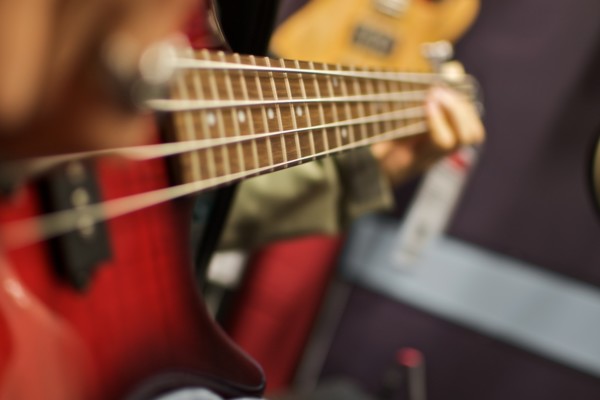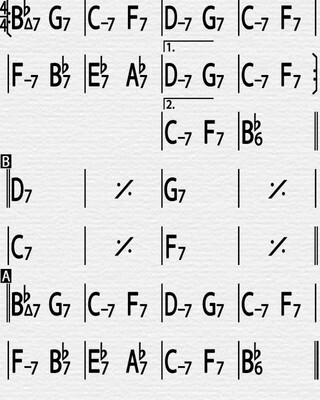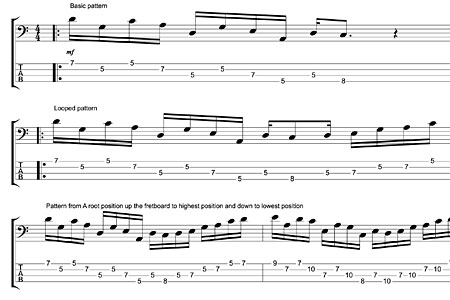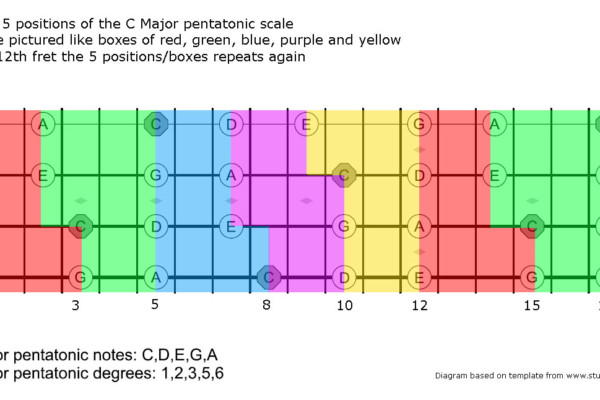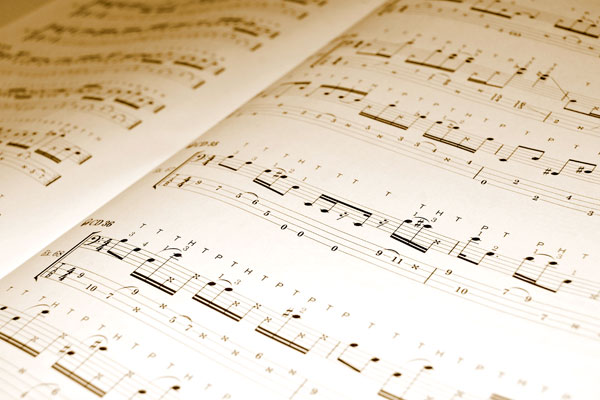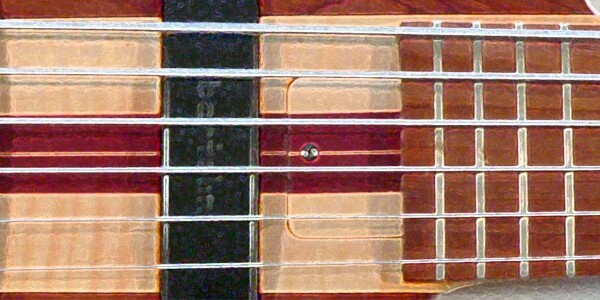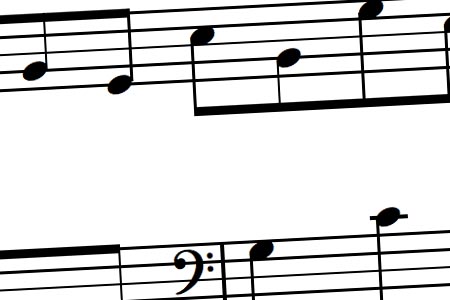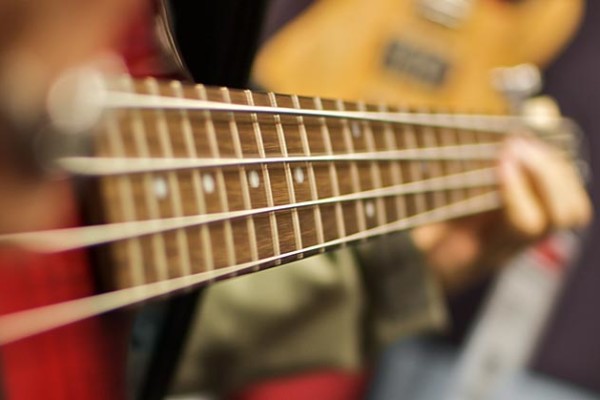Practice Archives - Page 9
Controlling Rhythm and Expressing it Musically
Q: This week’s column was written in part from a response to a FaceBook question I had about controlling rhythm and expressing it musically. I was also asked about my approach with my right hand, and where it came from with regard to rhythm and how I use it in my lines. I took that response and expanded on it...
Playing Through Changes with Arpeggios: Exercises for Bassists
Many of my past columns have focused on answer readers’ questions related to playing through changes. So for this week’s column, I decided to put together the video below to cover a few approaches to getting comfortable with changes, through the use of arpeggios. (Side note: I’m frequently asked about the software I’m using in these videos. The software I’m...
Advanced Bass Fretboard Knowledge with the Pentatonic Scale
Last time, we took a look at some basic exercises aimed at expanding fretboard knowledge through the use of the pentatonic scale. For this lesson, we’ll cover more advanced patterns and build on what we’ve started in the first part. Be sure to download the PDF for these exercises (standard notation and TAB included) so you can follow along and...
Expand Your Bass Fretboard Knowledge with the Pentatonic Scale
Here’s a great exercise aimed at expanding your fretboard knowledge. For this lesson, we’re going to use the five positions of the A minor / C Major pentatonic scale. The pentatonic scale contains five notes, of course, and you can play this from different positions. Learning these patterns will significantly increase your fretboard knowledge. Here’s how it breaks down, taking...
Making Resolutions: A Guide for Bass Players
Although it seems most people have given up on the practice of making New Year’s resolutions, some musicians still make music-related resolutions. The most popular ones seem to be along the lines of “practice more,” or worse, “become a better bass player.” While the intent is laudable, it is unlikely that such “resolutions” will have a positive end result. They...
Singing and Playing: A How-To Guide for Independence for Bass Players
Q: I have great vocal chops, which I exercise frequently in my alter ego solo acoustic guitarist thing. I play bass in a blues/R&B band and have the best vocal talent in the band. But I can’t sing over a bass line to save my behind. Can this be learned? Any tips? A: Keep in mind that I am one...
New Beginnings: Exploring New Bass Tunings (and String Counts)
Q: I have been playing bass professionally for over 15 years, but I’ve recently decided to expand my horizons by tuning one of my 5 string basses E-C. I decided to do this after playing a six string bass in a music store one day and realizing how easy it was to play lines across the fingerboard in a lower...
Scale Pattern Work for Bassists
I have mentioned previously that daily scale practice should include scale patterns, and indeed most scale books devote some space to such patterns. There are, of course, innumerable patterns that we can apply, but certain scalar patterns occur more frequently than others in the music we play. Although the number of possible patterns are seemingly limitless, I have found that...
Arpeggio Work for Bass Players: A Daily Practice Routine
I have mentioned previously that our daily scale practice should include arpeggio work. There are numerous ways to approach this, and most scale books devote some time to various approaches to arpeggios. I find the patterns below to be good solid foundational patterns for any bassist’s daily routine. The patterns below are presented in C major, but should be applied...
Getting Over Extended Range (and Other Musical) Ruts
Q: I’ve been playing bass for many years, and started playing the 6-string bass only about six years ago. I’m currently stuck in a dormant sludge of un-creativity! Any thoughts on who offers a good 6-string finger exercise, scale patterns, a book or even a good video? I can’t seem to get out of the same old riffs… I’m not...
Getting the Same Swing Feel on Electric and Upright (or… Be Patient in Practice)
Q: I can’t get the same swing feel on electric as upright. Any advice? A: While I don’t play upright, this does present an opportunity to share a broader concept that may help you. Patience, padawan… patience (and focused practice). I’ve found with a vast majority of my students that whenever something is not “clicking”, you can break down the...
PocketLabworks Releases PocketHz Tuning and Song Training App
PocketLabworks has launched the PocketHz for iOS, an app that brings together a tuner and a song trainer. The tuner utilizes the company’s WarpSpeed pitch detection technology, which engineer Kevin Robertson explains warps the frequencies for even measurement across all octaves. It covers 8-octaves to reach down to a low B-string, high C-string and beyond. The song training half of...
